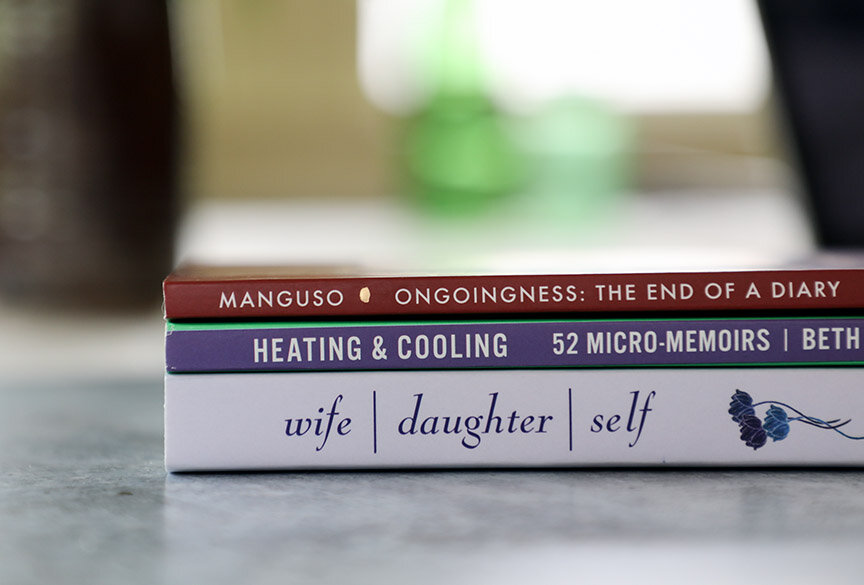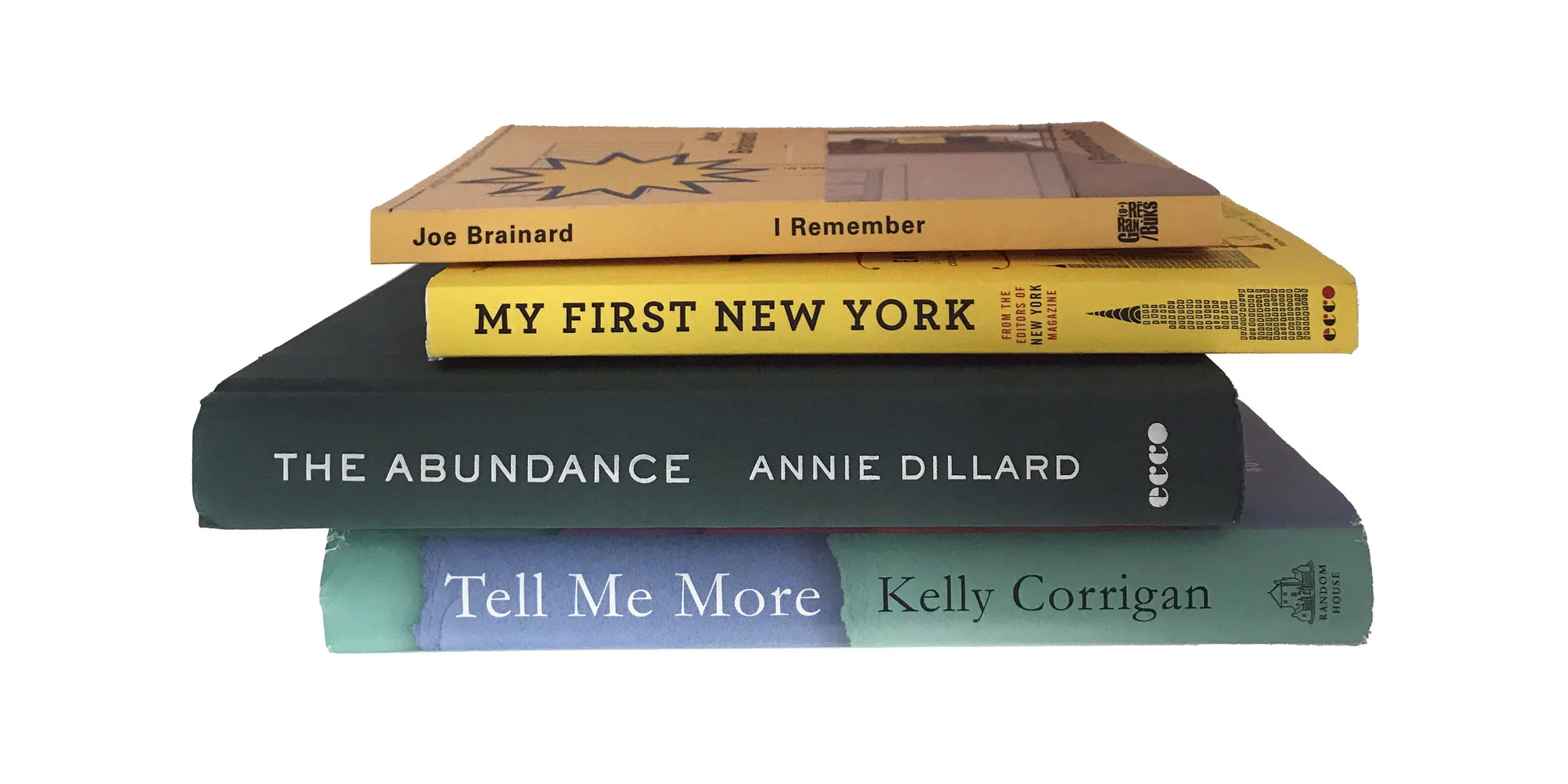“To Write the Past”: A supportive companion for thoughtful memoirists
To Write the Past: A Memoir Writer’s Companion by Sara Mansfield Taber
In my constant effort to keep up-to-date with the latest on memoir writing—particularly craft essays and books—I ordered the custom-published volume To Write the Past: A Memoir Writer’s Companion by Sara Mansfield Taber.
The book promises “to hearten and embolden those who pick it up to set their memories and musings on the page.”
To be sure, the eight essays within To Write the Past are thoughtful and at times thought-provoking, and the word “musings” is an apt description of the meandering style with which Taber approaches her topic. (The title’s sub-subheading reads, “Musings on the Philosophical, Personal, and Artistic Questions Faced by the Autobiographical Writer.”)
Book review:
“To Write the Past: A Memoir Writer’s Companion” by Sara Mansfield Taber
Taber is most qualified to write about memoir, having penned two memoirs herself and taught autobiographical writing for more than two decades at universities and in group workshops. As a writing coach she says she “has midwifed hundreds of memoirs into being.”
But her expertise on display in this book is broad, philosophical, pensive. You won’t get tips for creating a compelling narrative or weaving dialogue into your stories. You will, however, feel supported. A sense of “we’re in this together, fellow memoirist” pervades the book.
Some essays spoke more directly to me than others, and I have no doubt certain themes will resonate more with you than others based on your own experience as a writer. Taber approaches her topics, as perhaps one would expect a memoirist to do, firmly rooted in her own experiences writing, publishing, and reading memoirs.
The first few essays gripped me the most—I related to them, as a human, a fellow writer, and a personal historian.
On the topic of why we write memoir (something I often consider and write about myself), my yellow highlighter swept across passages. A few favorite lines, so you can get a taste of Taber’s tone and insights:
“Upon my father’s death, up-wellings of love for him, and for my whole past, swirled into the surges of grief, forming a roaring tide of need—to write.”
“As I wrote, it was as if I was writing about some other girl I once knew well. I sensed that she might be of some use to me even now, many years later.”
And:
“By writing, I dig a pool to catch all the joy and pain that constantly leaks from the years past.”
That last quote in particular captures my own urge to write, and oh, how beautifully expressed!
Taber’s musings on the question of legitimacy (“who am I to write my story?”) were familiar and affirming. On who one should be writing for, her thoughts were arresting and fodder for future contemplation. The essay exploring “the question of truth”—one of my favorite topics to discuss with fellow writers—was less exciting for me; “truth is multiple,” she writes, but I wanted more—more than “this is one story of my life.” (For anyone especially intrigued by the notion of writing your truth, I recommend Beth Kephart’s singular Handling the Truth: On the Writing of Memoir as well as her follow-up workbook, Tell the Truth. Make It Matter.)
The essay that resonated least with me concerned the notion, “Should I write something so personal?” I admit: I haven’t questioned this in my own writing. I haven’t encountered such criticism that Taber seems to have (quite strongly, it would seem) that her self-revelations are “too personal.” Her intense—and lengthy—defenses of getting personal felt overdone, though they may speak to you if this is an idea you, too, struggle with.
Overall, To Write the Past is a comforting and considerate meditation on undertaking to write a memoir. Check it out if you want to commune with a likeminded spirit, and to find compelling reasons to move forward in the face of criticism, doubt, or struggle. “There are so many things that get in the way as we endeavor—valiantly or timidly—to set down our autobiographical paragraphs,” Taber writes. Her essays strive to help you navigate those invasive thoughts, circumvent the roadblocks, and find your way on the path to a memoir—your memoir, finally written.
Why? Because: “A memoir is a prayer, an offer of company, an invitation to dinner. An offering of honesty…to whomever will receive it.” A worthy endeavor, indeed.
Note: This is an unsolicited review of a book I purchased at full price. I did not receive any compensation or free products in exchange, and any endorsements within this post are my own.









This new book by Ruta Sepetys, You: The Story, is a great tool for those who want to use their own life experiences to inform their fiction writing.